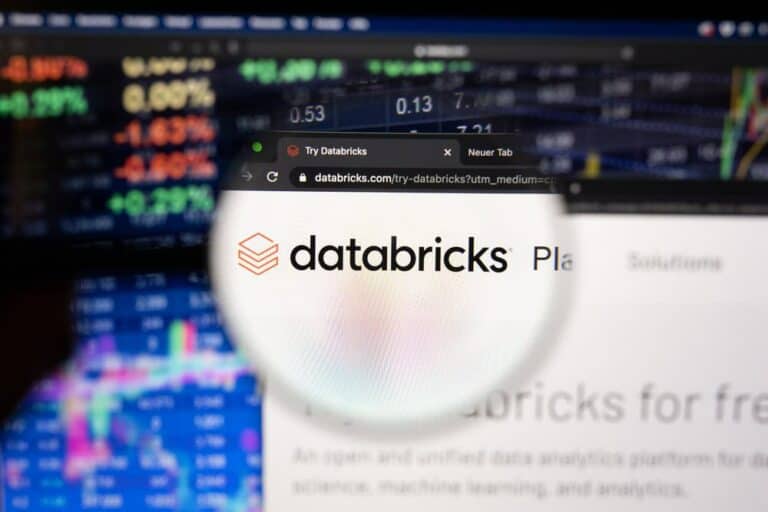Developers can now write code locally using all the VS Code capabilities.
This week Databricks announced the availability of their new extension for Visual Studio Code. The new extension will allow developers to write their code locally utilizing the editing capabilities of VS Code, the company says. They can then connect to Databricks clusters and run code remotely from their IDE.
Patrick Wendell, Co-founder and VP of Engineering at Databricks, detailed the new extension in a blog post. The new extension helps developers, he says, by “leveraging the powerful authoring capabilities of the IDE”, while connecting to Databricks clusters to run code remotely. IDEs let developers employ best practices that become necessary with large codebases, such as source code control, modular code layouts, refactoring support, and integrated unit testing, Wendell explains.
Native development inside VS Code
Developers can now author the code for their pipelines and jobs in VS Code, then deploy, test and run it in real-time on your Databricks cluster, according to Wendell. They can also apply software development best practices and utilize VS Code’s native capabilities for editing, refactoring, testing, and CI/CD for their data and AI projects, he says.
Another big advantage: developers can perform all of their work in one location. The Databricks objects can be managed inside VS Code natively with the new extension, allowing developers to stay in their IDE and prevent context switching between applications. All of the Databricks components, such as clusters, pipelines, and tasks, are thus integrated into their VS Code workspace and regular workflow.
“You can utilize the Lakehouse‘s scale to process and analyze large data sets, use clusters for queries and visualizations, train machine learning models, and deploy jobs to production so that anyone in your organization can see and use data to make decisions, all within VS Code”, Wendell claims.
This will be the first of many planned releases for teams who rely on IDEs for their development process, Wendell writes. “Databricks is investing heavily in our developer ecosystem, and will be rolling out support for other IDEs and additional tools”, he adds.
Also read: Databricks enters next phase with major Lakehouse Platform update
